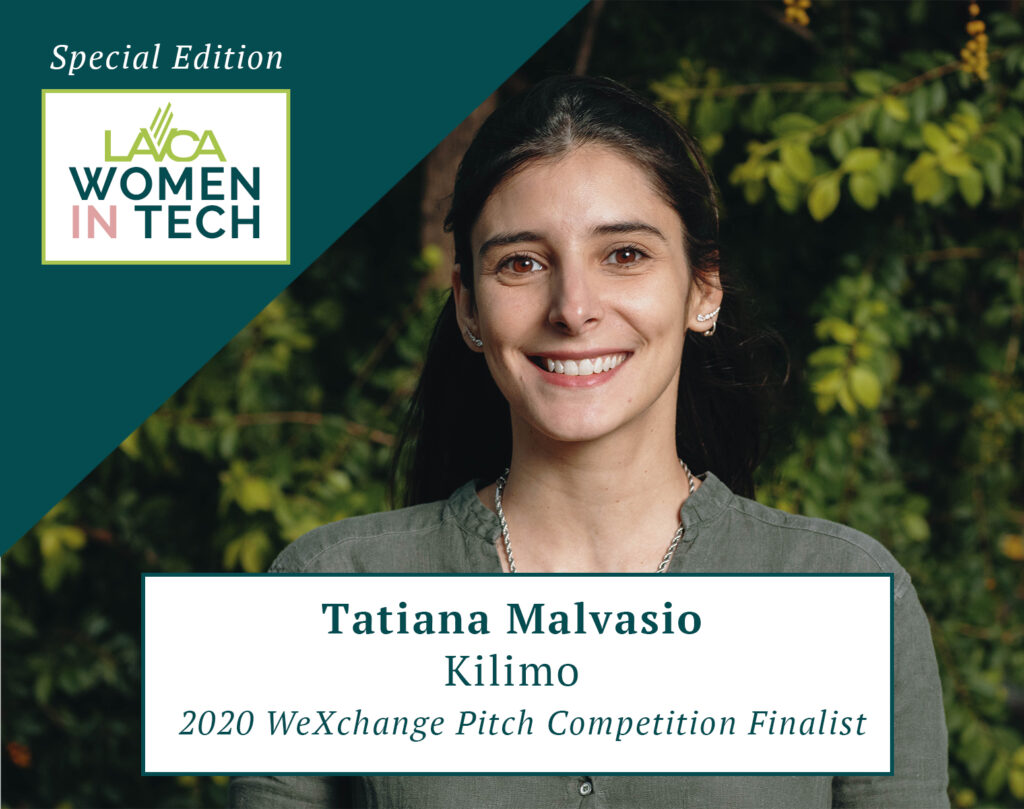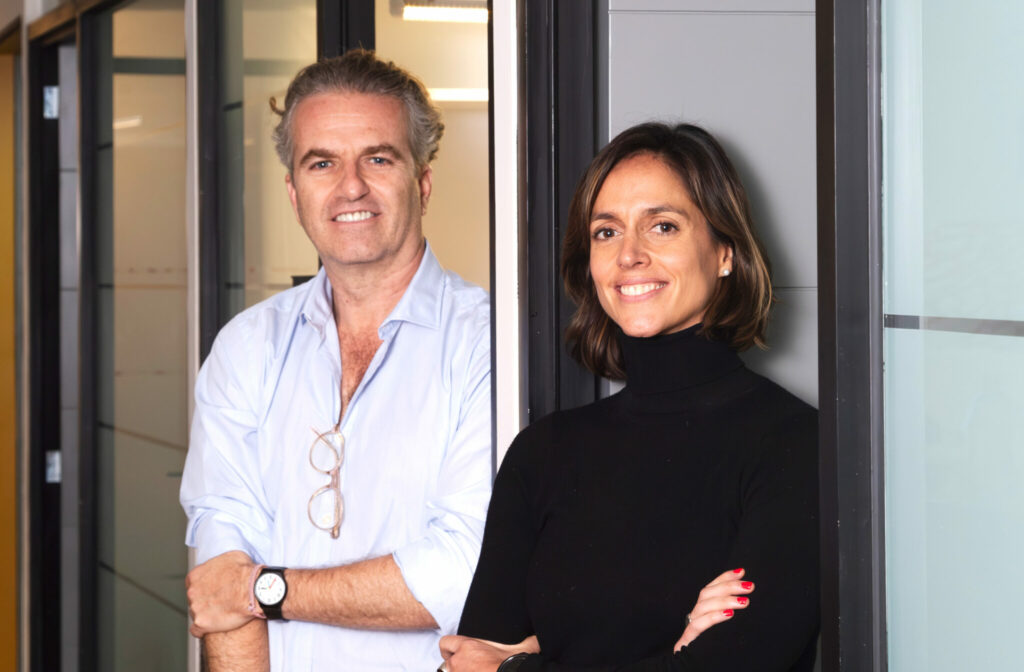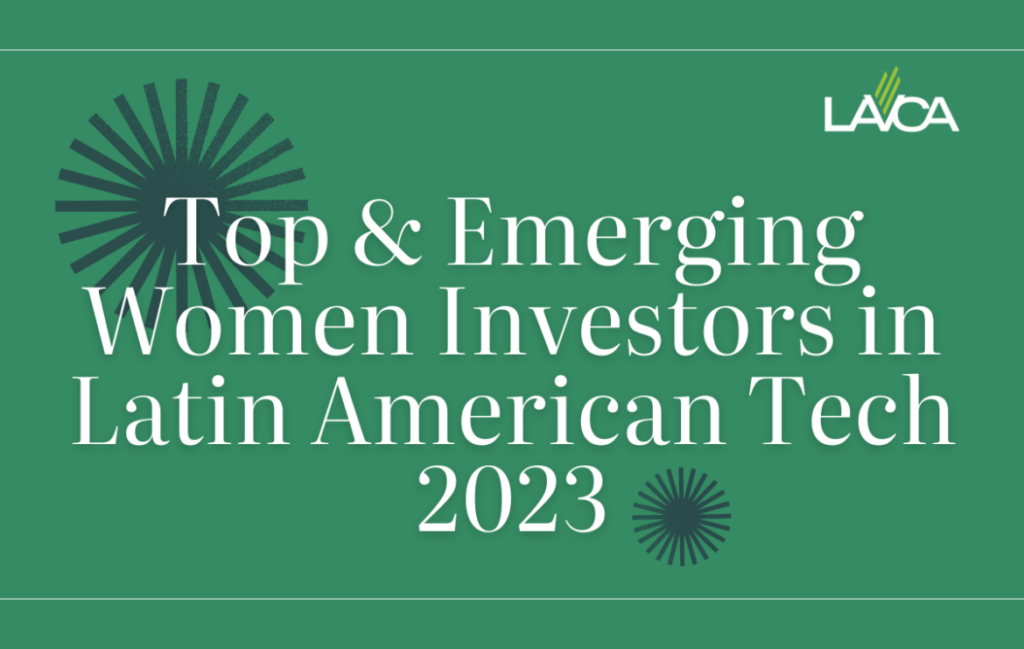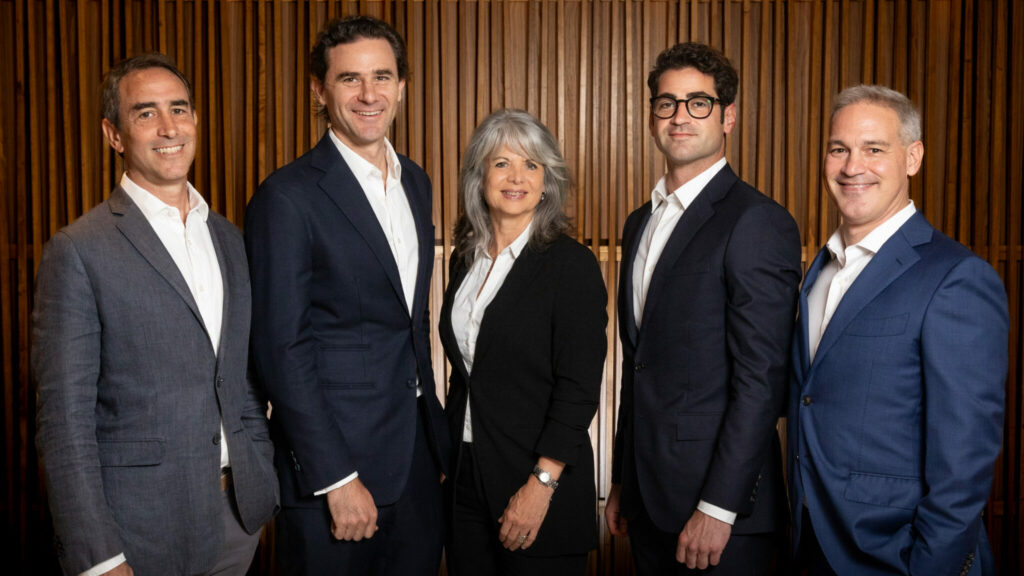Entrepreneur Profiles, Gender Diversity
Satellite Analytics & Irrigation Systems: Interview with Kilimo COO Tatiana Malvasio
8 December 2021

Company: Kilimo
Investors: NXTP Ventures, Alaya Capital, The Yield Lab, Xpand Ventures
Interview with: Tatiana Malvasio (COO)
Kilimo, an Argentine agtech using satellite-based analytics to optimize water irrigation systems in crops, was selected as one of the 12 finalists of the Women STEMPreneurs Competitions 2020, an initiative founded in 2013 by IDB Lab to unleash the growth potential of women entrepreneurs in STEM in Latin America and the Caribbean.
Kilimo’s operations are led by COO Tatiana Malvasio, who also is responsible for the company’s educational platform for farmers across Latin America. LAVCA interviewed Tatiana for additional insights into the problem the team is trying to solve and how they approach gender inclusion from within the company both at an employee- and client-level.
LAVCA: What is your background prior to joining Kilimo?
Tatiana Malvasio: I have a Bachelor in Social Communications with a specialization in Business Administration. I took my first professional steps within the Social Sector as Executive Director in two different NGOs – Banco de Alimentos Córdoba and Fundacion Inclusión Social. I had always been interested in working on projects with a positive impact on the world since I was a student.
LAVCA: What is the specific problem that Kilimo is trying to solve?
Tatiana: Water scarcity is an issue for all economic sectors. Half of the world’s population will live in cities with severe water restrictions within the next nine years. Agriculture consumes 70% of water per year in order to produce food to feed a rapidly growing population. Agriculture water consumption coupled with the climate crisis affecting regions prone to drought means food production needs to be more efficient than ever.
LAVCA: Kilimo raised USD1mn 2018 from Alaya, The Yield Lab and Xpand Ventures; NXTP invested in 2016. How has this helped you build and scale your operations?
Tatiana: The VC funding allowed us to validate our product-market fit and to scale to other countries across Latin America. GPs not only contributed to our business with money to increase our operations, but also with networking and mentoring.
LAVCA: Is there a way to measure the environmental implications of Kilimo’s technology, and if so, how are you doing it?
Tatiana: We have been getting better and better at documenting our impact. Kilimo has the first certified tool in Latin America to measure the water footprint in irrigation fields, which has allowed us to track and assess our impact in a more detailed way.
LAVCA: What are notable barriers to entry for other agtech players bringing tech innovation to the fields?
Tatiana: On the one hand, Kilimo has the largest soil moisture dataset in the region, which makes our model very precise; on the other hand, there is a big issue regarding technology adoption in the agricultural sector, and we are playing a very important role as educators by sharing first-level free educational content in our Academia de Riego for Latin American farmers.
The psychological challenge of technology adoption in the agriculture sector has been the biggest challenge for us. This is why we invest a lot of money in generating water management content for farmers, as well as in onboarding and customer care.
LAVCA: How did participating in 2020 WeXchange help advance Kilimo’s mission?
Tatiana: We have a gender employee quota in Kilimo. At the moment 40% of our staff is women and we make sure to give them a seat at the table when we make decisions. From a client perspective, we also look for women farmers to participate in our activities. We have reached 20% of women farmers within the first year of this initiative alone.
These initiatives are meant to visibilize women leadership and foster other women to take the stage. Being a finalist at 2020 WeXchange helped us achieve this mission. If we reach our objectives in terms of gender inclusion and visibility, Kilimo will be exposed to new opportunities with investors and possibilities with new employees.
LAVCA: Do you have any advice for women hoping to create and grow a business in Latin America?
Tatiana: I encourage women to recognize themselves as business people – to socialize their ideas, ask for help, get mentors, read about the experience of other startups, become a member of women entrepreneurship groups, and look for partners who can complement their role as the leader of the company they are dreaming of.
One last note – Women do not need to have a STEAM background to be a startup founder.
You may be interested in...
-

Is AI a Thing in Latin America? In Conversation with Hi Ventures
LAVCA sits down with Hi Venture to discuss their evolving thesis and vision for...
-

Top & Emerging Women Investors in Latin American Tech 2023
View LAVCA’s list of Top Women Investing In Latin American Tech. Women in venture...
-

The Future of B2B Startup Investing in LatAm: In Conversation with NXTP
NXTP Ventures recently reached a USD98m final close for NXTP Fund III, its third...
-

A 20-Year Journey: An Interview with Technisys CEO Miguel Santos
Company: Technisys Investors: KASZEK, Dalus Capital, Riverwood Capital Interview...